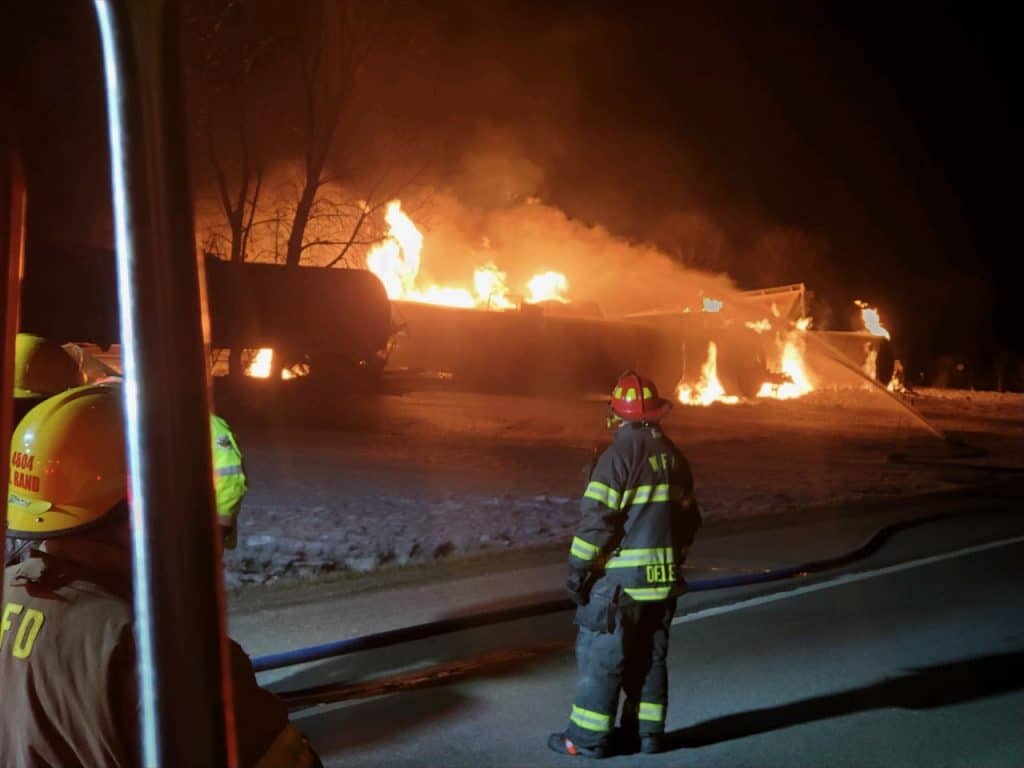In September 2022, SMART Local 280 (Vancouver, British Columbia) led the SMART Army’s involvement in the annual Terry Fox Run to raise money for cancer research. Fox was a Canadian athlete and cancer research activist who, after losing a leg to cancer, embarked on a cross-Canada run in 1980 to raise money and awareness for cancer research. Although cancer eventually forced him to end his quest, and ultimately cost him his life, his efforts resulted in a lasting legacy in Canada and around the world.
“For 143 days, Terry Fox ran a marathon a day,” Local 280 Business Representative Jeff Lind explained during an episode of SMART News. “He ran through rain and snow and wind, humidity. He stopped in almost 400 towns and just talked about why he was running. He was starting at 4:30 in the morning and usually didn’t finish until about 7pm at night.”
“He’s a legend in Canada,” Lind added. “And I think we all know somebody who’s been affected by cancer. So … if I look at SMART Army as a whole and our SMART membership, internationally, that was something I looked at and I thought ‘What can we all do together?’ You know, being in a union, the solidarity behind it … I thought, this is something we could do not just in Canada with the locals, but across the International.”
The Local 280 SMART Army team exceeded its $1,000 fundraising goal during the 2022 run, raising $1,575 for the Terry Fox Foundation to fund cancer research. And in spring 2023, the Terry Fox Run honored the local’s participation with a Certificate of Appreciation plaque, writing: “We are grateful for your team’s no-quit attitude, for setting a positive example for others, and for showing compassion for cancer patients.”
Congratulations, Local 280!

